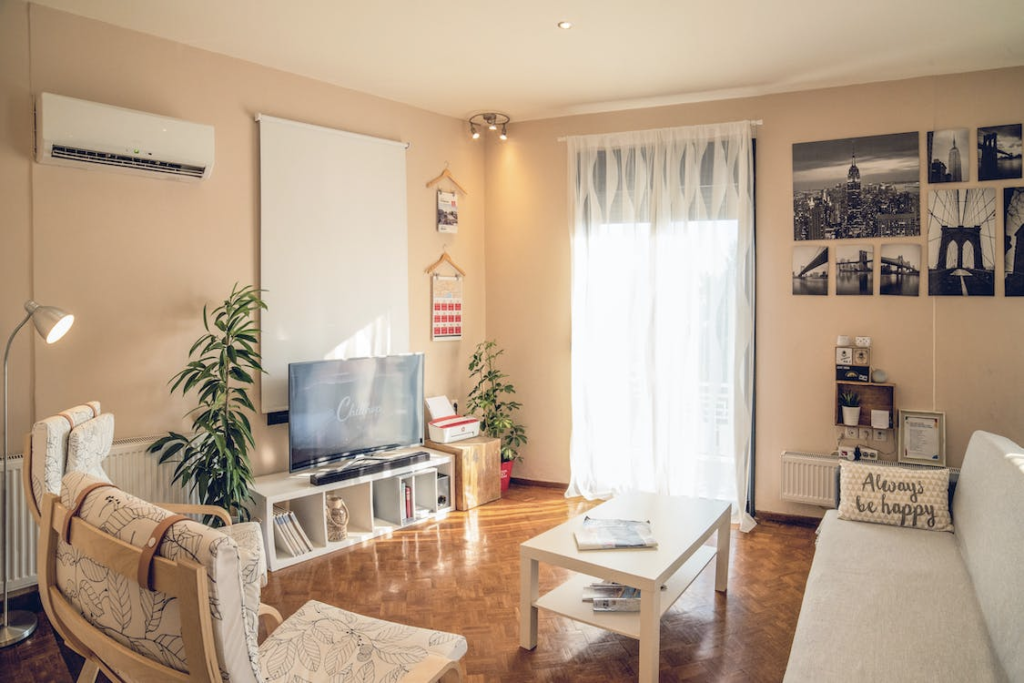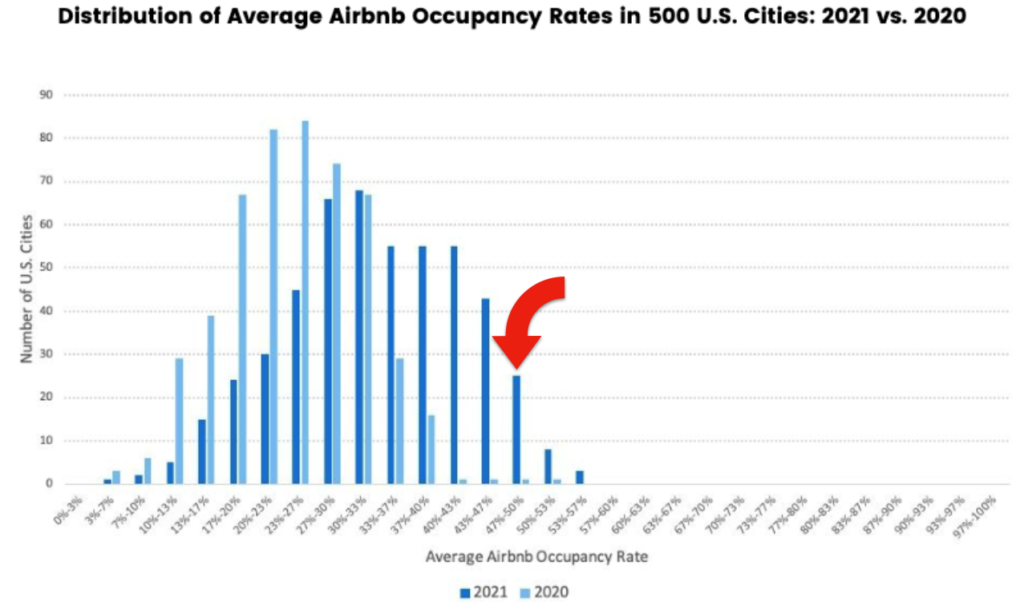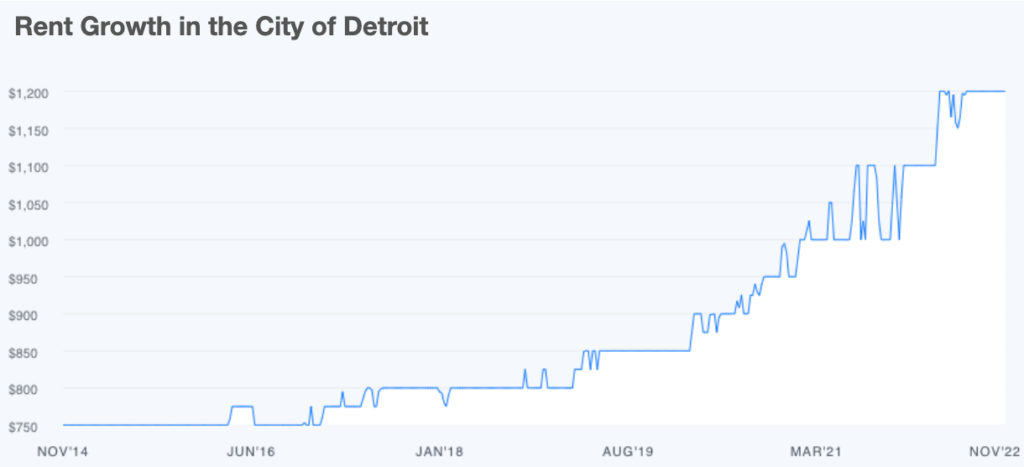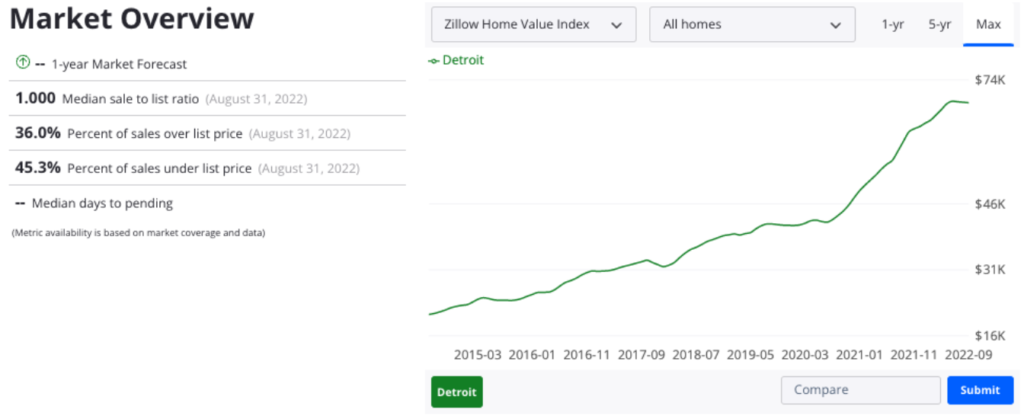
So, you’re a landlord, and you suspect that one of your tenant’s “guests” has somehow transformed into a tenant themselves, without your knowledge. They’ve been staying for months in your property, and yet they’re not on the lease.
This can be a tricky situation to solve. That’s because you must allow your tenants to live peacefully on your property as part of their tenant’s rights, which means you can’t disturb or harass them unnecessarily. But it’s also your right to know if someone is staying for an extended period in your rental unit, be part of the lease agreement, and be held accountable for rent.
When you have unwelcomed residents on your rental property, they can threaten the well-being of your unit, since you won’t be able to hold them accountable for any damages they cause.
In this article, we’ll help you navigate this tricky situation and shed some light on why having unwelcome tenants can harm your rental business.
The Shift from Guest to Tenant: Why It’s A Big Deal
When you own a property and decide to rent it out, you have a particular set of expectations and agreements with your tenants. These agreements often involve things like rent payment, lease duration, and the overall management of the property. As a landlord, you have the right to control who occupies your property and under what conditions.
When a guest starts behaving like a tenant, it can cause serious complications. Let’s take a look at a few reasons why:
- Unauthorized Occupancy: When a guest becomes a tenant without your approval, it means they’re occupying your property without going through the proper screening process. And every landlord knows a thorough screening process is vital for success in the rental industry. Without it, you’re faced with a security concern, as you do not know the occupant’s background or ability to meet your rental criteria.
- Lease Agreement Violations: As a landlord, you have a lease agreement in place with your tenants, which outlines the rules, responsibilities, and terms of their tenancy. With unauthorized occupants, you can’t enforce the rules you laid out for your property. Add to that, you’ll also worry about potential violations beyond the property, such as noise complaints, parking violations, or HOA issues with little recourse.
- Financial Implications: Guests who become tenants without your consent might not pay the proper rent amount or adhere to the agreed-upon payment schedule. This can result in a loss of income for you as a landlord, and enforcing the appropriate financial arrangements becomes challenging without a formal lease agreement.
So, the shift from being a guest to an unauthorized tenant can be problematic for landlords.
Let’s move on to the signs indicating a guest has turned into a tenant without your knowledge.
Signs You Have Unauthorized Tenants
Courts recognize various contracts to determine who is a tenant of your rental property. These contracts can include a written conversation, a written document, or a series of acts to be considered part of a lease.
However, different states have laid out different thresholds for the evidence showing a mutual arrangement for the rental unit.
#1 Extended Stay
One of the most apparent signs is when a guest exceeds the typical length of stay expected for temporary guests. If they have lived in your property for an extended period, they have likely transitioned into a tenant.
#2 Financial Contribution
Guests do not pay rent or share utility costs because they stay temporarily. But, when “guests” start contributing to rent, maintenance, or utilities, they’re considered a tenant.
#3 Belongings in the Unit
If you notice that a guest starts moving their belongings into your rental unit, they’re considered tenants. Whether they move their clothes or pets to the apartment, that’s a sign that they should start paying rent.
#4 Changes to the Property
Guests often don’t change the property significantly since their stay is temporary. If you notice alterations like new furniture, decorations, or maintenance work done without your knowledge, it could be a sign that they now consider themselves long-term residents.
#5 Change of Address
When they change their permanent address to the rental unit, you can consider guests a tenant. You may notice they are getting mail or delivery packages to your rental unit’s doorstep.
What Landlords Can Do With Unauthorized Occupants
At one point in your life as a landlord, you’re bound to deal with unauthorized occupants. The key is knowing how you can deal with the situation or avoid it entirely by having a well-written lease and thorough tenant screening. Here are five steps you can follow:
1. Include A Guest Clause In The Rental Agreement
As a landlord, include a clause in your rental agreement about guests, which outlines various factors when you can start considering a guest as a tenant. You can also include how to handle any issues with unauthorized tenants.
Having a guest clause protects your property while ensuring that your tenant knows the consequences when they violate it.
2. Reach Out to Your Tenant
The next step is to talk with your tenant and remind them of the lease terms regarding long-term guests. Use this opportunity to gather information on the names of the guests and how long they’ve been staying at the apartment. Once you address the situation with the tenant, it lets them know that you know about it and are willing to enforce the rental agreement’s policies.
Ideally, the unauthorized occupant will vacate the property after bringing this to the tenant’s attention.
3. Remedy the Situation
If talking to the tenant didn’t resolve the situation, you can send a 3-day notice to your tenants to remedy the violation or vacate the property. Once the notice period specified in the notice has passed, landlords can proceed with a formal eviction process if the unauthorized occupant continues to stay in your unit.
4. Document Everything
Keep detailed records of any communication, payments received, and evidence supporting your claim that the guest has transformed into a tenant. Having a hold of this documentation will be crucial if you need to take legal action later on.
However, as a warning, Never accept any form of financial contribution from guests or agree to accept payments. Because once you do that, you’re entering into an informal landlord-tenant agreement. Guests can become tenants with a verbal agreement, and they will have all the rights of a paying tenant, even though you don’t have a written contract!
5. Seek Legal Advice
If the guest refuses to comply with your requests or if the situation becomes more complex, it’s advisable to seek legal advice from a professional who specializes in real estate law. They can guide you through the necessary steps and help you protect your rights as a landlord.
Protect Your Property From Unauthorized Tenants
Maintaining control over your property and ensuring that guests respect the boundaries you’ve set is essential for the success of your rental business. And determining whether a guest becomes a tenant is vital to ensure your property is not at risk from unwelcome “guests”.
That’s why you have to keep an eye out for signs guests have become tenants so that you can take appropriate action and keep your property under your control.
Want more tips on investing in the Metro Detroit area? Sign up for our newsletter or attend one of REIA of Oakland’s meetings for more professional insights.





















